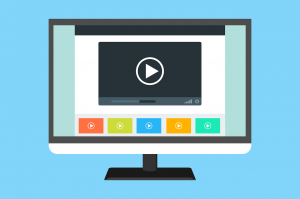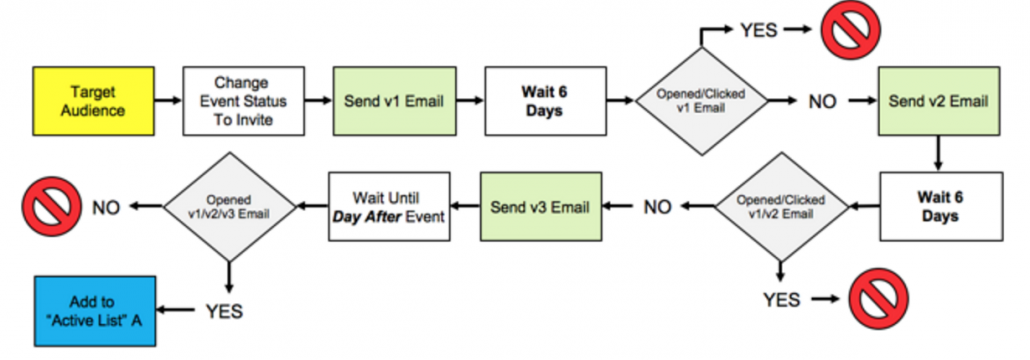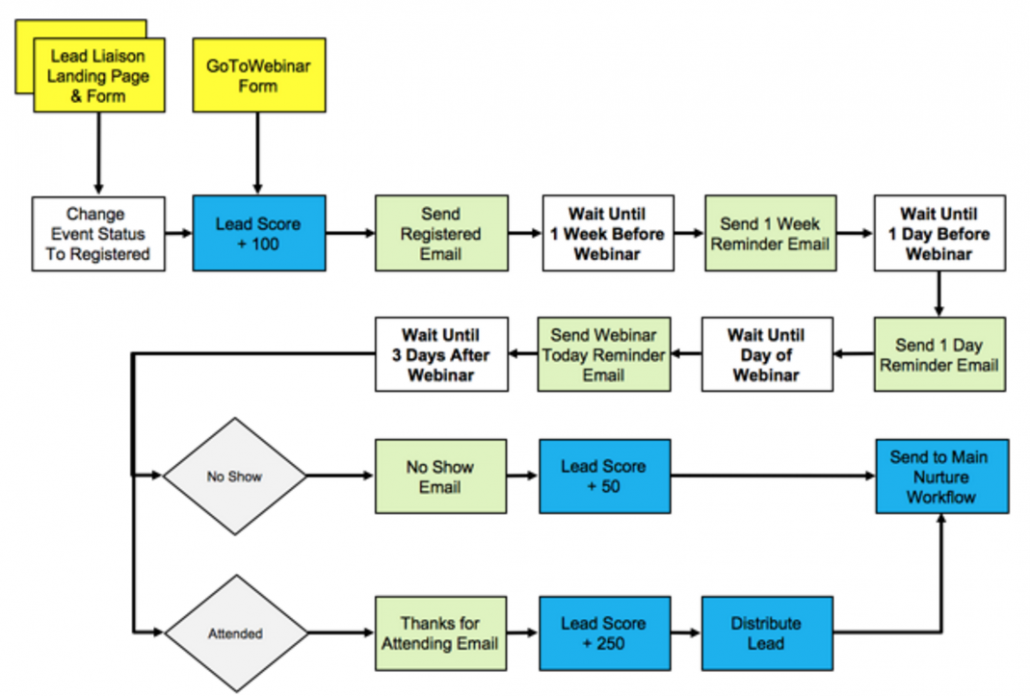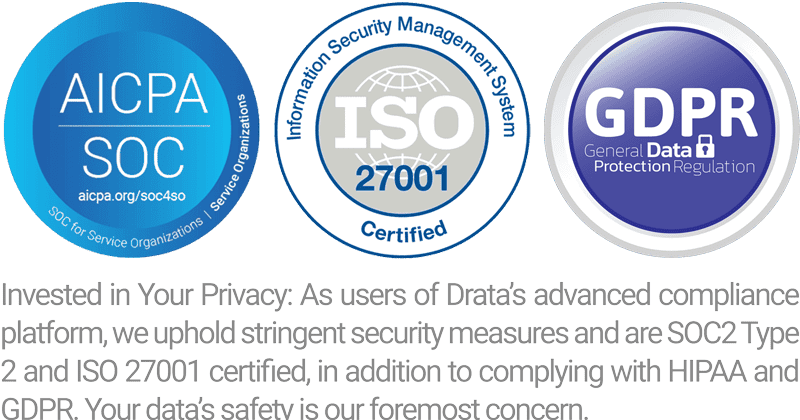How to Run a Webinar: Define Your Invitation and Registration Process

This is the fourth installment in the series How to Run a Webinar.
You’ve picked your ideal webinar service provider. The next step is to define your invitation and registration process.
Define Your Webinar Invite Process
Once you’ve got your data ready and your target audience defined, it’s time to start putting together a process for inviting people. We propose the invitation process below. The process sends out three invitation emails to your database. The second and third emails are sent out to people that did not open or click previous invite emails.
Make sure to vary your “preview text” for each invitation email. In your marketing automation software, you should have an option to enter in some preview text in the email builder. The preview text is usually at the upper left side of the email in small text. It’s what shows up in the preview pane of the recipient’s email inbox. They’ll usually see anywhere from 1 to 3 lines of text in their preview depending on their settings. With more than half of all emails getting opened and read on mobile devices, it’s critical to have a compelling preview text. Use different preview text verbiage for each of your three invite emails.
After the event is over, add recipients who opened the email into an “Active List” in your MA software. As an optional step, you could email everyone that opened any of your three invite emails but did not register for the event. We suggest sending this email the day before the event.
Define Your Webinar Registration Process
This is the process people will go through once they register for your event. As shown in yellow below, there are two ways to register participants. Through the event provider, such as GoToWebinar, or via your marketing automation system. If using the marketing automation system, create a web form and landing page in the platform. There are a number of advantages for creating the form and landing page in a marketing automation system. Some of those advantages include the ability to build a smart form with progressive profiling, deeply customize your landing page, style your web form to your liking, and control all of the branding. Data also gets injected directly into the marketing automation system, which can be used for future marketing purposes.
In the diagram above, the steps in green require your company to create email content for each step. With the invite process, there are nine (9) emails in total. All emails should use your standard template though, which will be recognizable to recipients and prevent them from marking your email as spam.
Leading up to the event, most of the messages are reminders. Don’t forgot to include a shortcut for the user to add the event to their calendar of choice (Outlook, Google, etc.) in your thank you for registering and reminder emails. We like using AddToCalendar for this. Once the event is over wait a few days for data to be collected and send a follow up to people that registered and showed up, with a separate follow up for people that didn’t show up.
Your marketing automation system will help you capture this data and configure the process from start to finish – ahead of time. This can be a relief to most companies. The stress of running a webinar increases around the time of the event. If your processes are setup and scheduled ahead of time you’ll have more peace of mind, more time to get things done, and more time to focus on your webinar content and execution. All administrative and marketing tasks will be handled by the system!
In the next installment of How to Run a Webinar, we’ll talk about the importance of having a powerful Marketing Automation tool in place.
Can’t wait to get your hands on the rest of this intuitive guide? Download the full white paper here.
Interested in a demonstration of our robust marketing automation tool?




